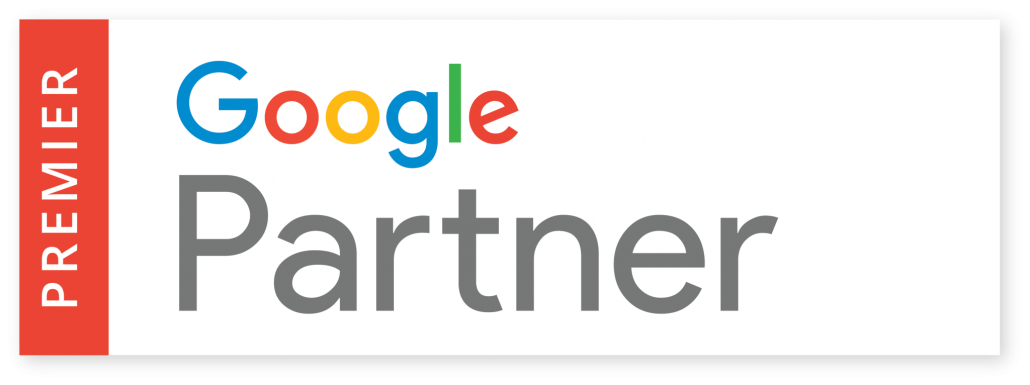Frequent Questions Our Relationship Managers Get Asked
Our clients are new to digital marketing as well, and part of what we offer at Footprint Digital is that we teach our clients along the way. We want our clients to understand the changes they are making, how they are being made and the results they are producing.
We have asked our relationship managers what the most frequent questions they get asked by their clients are. Here are the questions and their answers, so if you were having the same doubt then this should help you too.
1. What is the table of keywords at the top of each page of content that you send over? Are all of the keywords in the content you have written for us?
The Answer…
The list of keywords is produced from in-depth keyword research for your company. We have selected the keywords that are most relevant to your business and have a good amount of search volume. We have included a variety of extra keywords to show you what else would be relevant to target and write content for.
2. What is a CMS?
The Answer…
A CMS is a Content Management System. It is the software used to create your website, such as; WordPress.
3. What is the purpose of a blog and whom is it aimed at?
The Answer…
A blog is a very useful tool, it’s a way of sharing regular content to your users and it shows Google that you are regularly sharing content and targeting relevant keywords for your company. Blogs should be interesting for the user and help answer questions that your users are asking.
4. How to create or claim a Google My Business listing
The Answer…
There are several steps in the process of creating/claiming a Google My Business Listing, which differ between using a computer and a mobile. Our RM’s usually direct the client to the Google My Business Help page (https://support.google.com/business/answer/2911778?hl=en-GB) which lays out the steps to follow.
5. What are PPC ad quality scores and how can I improve them?
The Answer…
The quality score gives you a general idea of the quality of your PPC ads. For each keyword, the score shows the quality of the ad and the landing page. Quality score can be affected by the expected click-through rate, ad relevance and landing page experience.
The best quality ads are those that people find the most relevant. There are several actions you can take to improve your quality scores:
Create specific ad groups – each ad group focuses on a single product or service so that your ad appears more relevant.
Choose your keywords carefully – Choose keywords that are related to your ad group and landing page.
Include keywords in your ad text – Including keywords into your ad titles, and text will show that your ad is directly related to their search.
Create simple ads – Highlight your USP’s
Use calls to action – use calls to action in your ad text to encourage the user to click on your ad.
Test it – experiment with different calls to action and offers to see whether there is a difference in interest.
Regularly review your ads performance – test and measure different ad text to see if there are more effective ways to reach your goals.
The RM’s also direct the clients to the Google Ads Help pages which can give further information:
https://support.google.com/google-ads/answer/2404196 and https://support.google.com/google-ads/answer/2454010
6. Is backlinking still important for SEO?
The Answer…
Yes. Backlinks are essential for SEO and your ranking on SERPs. They are a way of showing that there is confidence in your site and your content. If there are many links to your website, search engines understand this is content worth linking to, so it is also worth showing; therefore, this has a positive effect on your ranking position.
7. What is a local citation and why is it important?
The Answer…
Local citations are placements online of the NAP of a business – Name, Address, and Phone number. When all of this information is found together (and matches that on a website), it can impact on local search, meaning that users searching in your local area will be more likely to find you. (more info https://moz.com/learn/seo/local-citations)
8. What is the difference between a click and a session?
The Answer…
The best explanation for this question is at the Google support page, which is where the RM’s direct their clients to. https://support.google.com/analytics/answer/1257084?hl=en
9. Is bounce rate important?
The Answer…
It is not a direct ranking factor and therefore does not affect SEO. The best approach when looking at bounce rates is to determine what each page on your website is trying to achieve and whether the bounce rate is appropriate for that page. For example, a lower bounce rate on the homepage is preferable. However, a high bounce rate on a blog or informational page is not necessarily a bad thing as it can mean a user is finding the information they want and then leaving.
Written by Ellie Elam, Digital Marketing Executive



